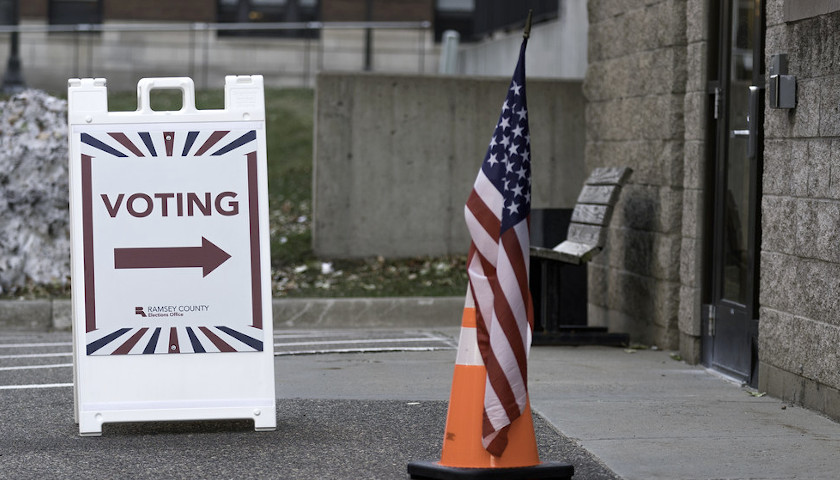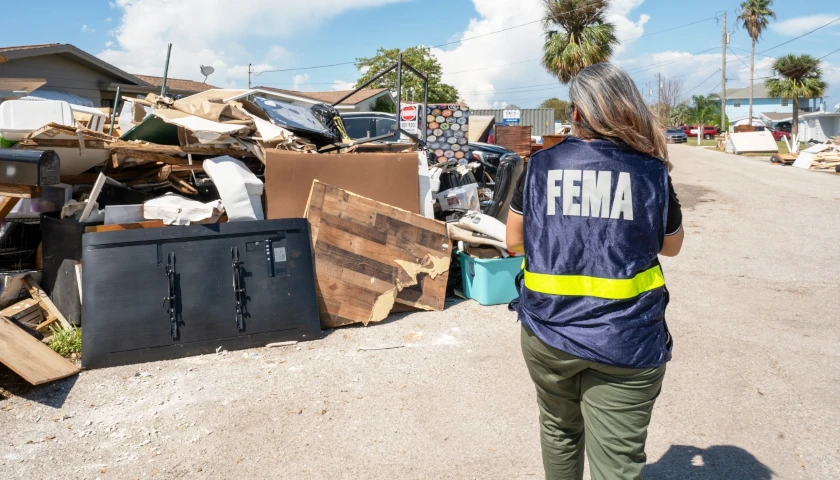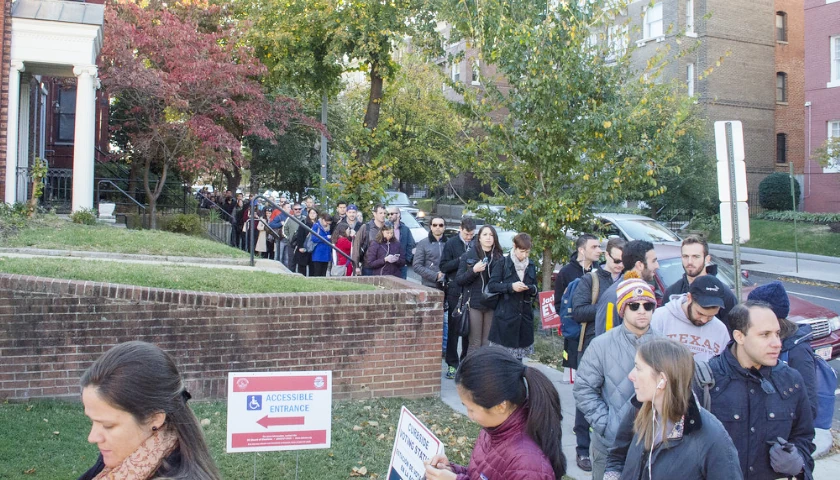The General Assembly has passed legislation to move local elections for city, town council, and school board from May to November, starting in 2022. Proponents say the bill will boost voter turnout, especially among working-class voters, while many city officials say the bill is state interference that will lead to greater partisanship in local elections.
SB 1157 sponsor Senator Lionell Spruill, Sr. (D-Chesapeake) said in the House Privileges and Elections Committee that holding elections in May leads to low voter turnout. “This bill is the people’s bill,” Spruill said. “I completely understand the impact of this legislation as I served on local government for two terms. I was elected in May.”
Spruill said May elections are harder for people with day jobs to participate in, especially effecting minorities. He noted that often, elections are held in schools, which forces them to compete with students for space during May elections. He also said the moving local elections to November would be efficient.
“Registrars are having to conduct back-to-back elections in the spring. With early voting now being expanded, this puts a heavy burden on the registrar in navigating March and June primaries and May elections,” Spruill said. “Reducing the number of elections will be a cost savings to localities as well as the state.”
About 30 people presented public comments for and against the bill. One elections official told the committee that May elections are hard for municipalities to staff. Other speakers said agreed that ending May elections would allow more people to vote for local officials.
Several mayors and other local officials spoke against the bill, saying that it tries to solve a problem that isn’t serious. Norfolk Vice Mayor Martin Thomas said, “This makes for good politics but it’s bad policy.”
Thomas argued that the bill would keep federal employees from being able to participate in local elections based on the Hatch Act which does allow them to vote in partisan elections but does not allow them to run as partisan candidates.
He said, “Moving local elections from May to November will result in more partisan politics, more money in politics, a less informed electorate, and a greater barrier to entry for those local candidates.”
Other Elections Bills
The General Assembly also passed about 20 other elections-related bills. (Link also includes some bills that failed.) Some are less controversial, such as SB 1148, introduced by Senator Jen Kiggans (R-Virginia Beach) to change the date of June primaries from the second Tuesday to the third Tuesday. SB 1331, introduced by Senator Bryce Reeves (R-Spotsylvania), earned unanimous support in both chambers; the bill requires registrars to provide technology to help visually impaired people vote. Delegate Marcia Price’s (D-Newport News) HB 1921 allows physically disabled voters to vote curbside.
Other bills were more controversial. Senator Jennifer McClellan’s (D-Richmond) SB 1395 and Price’s HB 1890 prohibits discrimination through the use of elections methods that would effectively keep protected classes of voters from voting. Senator Creigh Deeds’ (D-Bath) SB 1245 requires the creation of ballot drop-off locations. The General Assembly also passed Delegate Lamont Bagby’s (D-Henrico) HB 1968 which allows local elections officials to provide early voting on Sundays.
Governor Ralph Northam has until 11:59 p.m. on March 31 to sign the bills.
– – –
Eric Burk is a reporter at The Virginia Star and the Star News Digital Network. Email tips to [email protected].
Photo “Vote Sign” by Lorie Shaull. CC BY-SA 2.0.





